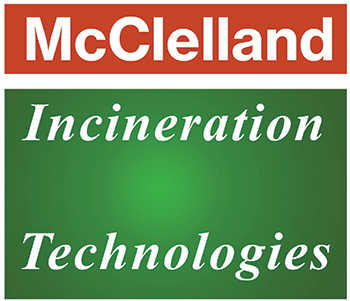Improper pharmaceutical waste disposal is a growing risk for healthcare facilities, pharmaceutical manufacturers, and distributors across Asia, the Middle East, and Africa. From expired medicines to contaminated drug packaging, pharmaceutical waste can cause serious environmental damage, public health risks, and regulatory violations if not handled correctly. Understanding the most common…
Biomedical waste is a critical by-product of modern healthcare systems. Generated daily by hospitals, laboratories, clinics, and research facilities, this waste poses serious risks if not handled and treated correctly. Understanding what biomedical waste is and how it should be safely disposed of is essential for protecting public health, healthcare…
Healthcare facilities generate a wide range of hazardous waste every day infectious materials, sharps, pathological waste, pharmaceutical residues, and contaminated disposables. If not treated correctly, medical waste poses serious risks to public health, healthcare workers, and the environment. Medical waste incinerators play a vital role in modern healthcare systems, ensuring…
As environmental regulations become increasingly stringent, industries and waste management facilities face growing pressure to reduce emissions and operate sustainably. Mc Clelland Engineers Pvt. Ltd. offers advanced rotary kiln systems designed to help businesses meet these standards efficiently, safely, and cost-effectively. Why Choose Mc Clelland Engineers’ Rotary Kiln Systems? With…
Biohazardous waste is one of the most dangerous by-products generated by hospitals, laboratories, research centers, and healthcare facilities. If not handled and destroyed correctly, it can lead to disease transmission, environmental contamination, and regulatory violations. As healthcare infrastructure expands rapidly across Asia, the Middle East, and Africa, safe biohazardous waste…
Industrial emissions, especially volatile organic compounds (VOCs) and hazardous air pollutants (HAPs), pose significant environmental and health risks. At Mc Clelland Engineers Pvt. Ltd., we specialize in designing and supplying advanced catalytic oxidizers that efficiently minimize these harmful emissions while ensuring compliance with global environmental standards. What Is a Catalytic…

